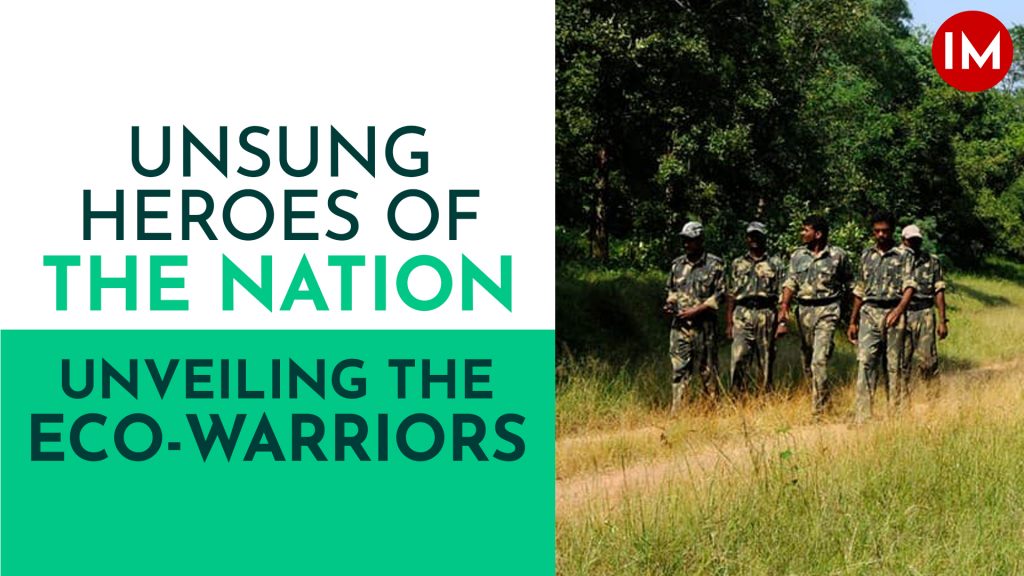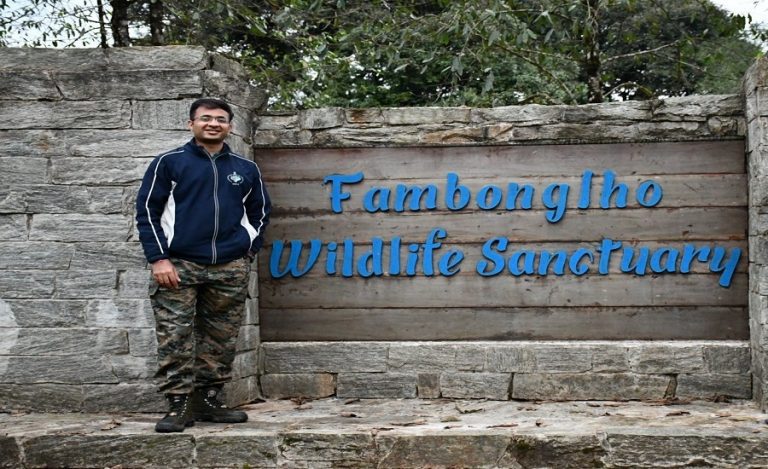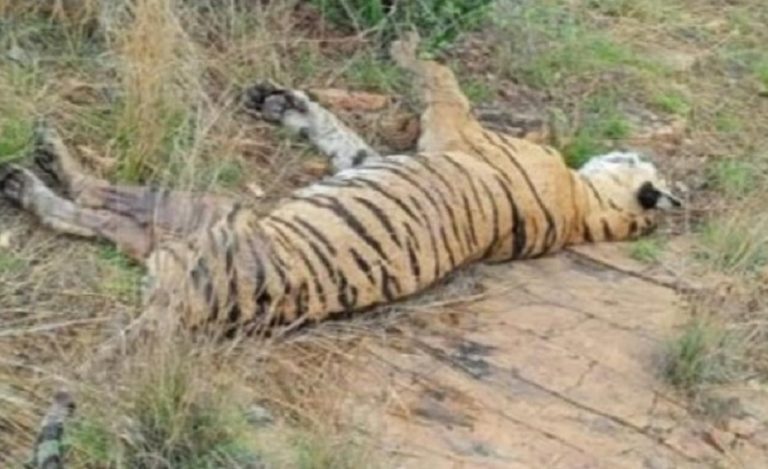Our beautiful planet Earth’s eco-warriors are none other than our IFS Officers, who serve as passionate advocates for the planet’s well-being.
The Indian Forest Service stands as one of the three All India Services of the Government of India, alongside the Indian Administrative Service and the Indian Police Service. It was constituted in the year 1966 under the All India Services Act, 1951.
After successfully conquering the UPSC challenge, choosing the IFS as a career path is no ordinary decision. Those who opt for the Indian Forest Service have a unique love for nature, a profound sense of responsibility toward our planet, and a fervent passion for initiating sustainable and beneficial changes for both humankind and the Earth.
These IFS Officers are dedicated individuals actively engaged in promoting environmental conservation, sustainability, and the battle against climate change. Armed with knowledge and a profound sense of responsibility, eco warriors champion various causes, ranging from the preservation of biodiversity to the dissemination of awareness about pressing environmental issues.
They drive change through grassroots initiatives, online campaigns, and community outreach, passionately encouraging societies and governments to embrace eco-friendly practices and policies.
Infrastructure development like dams, roads and railway line construction besides mining for coal, diamonds and minerals also takes a toll on the environment. Indian Forest Service (IFS) officers have ensured conservation of both flora and fauna in the country.
Available data is a testimony that forest cover in India has increased over the years and so has wildlife like tigers, leopards and elephants. It is due to their sustained efforts that Cheetah have returned after a gap of 70 years.
Eco warriors possess a deep understanding of the delicate balance between humanity and nature, tirelessly working to safeguard our planet for current and future generations, thereby catalyzing a more sustainable and harmonious coexistence with the Earth.
Indian Masterminds proudly introduces the Eco Warriors Award to recognize their remarkable contributions. This annual accolade aims to fill a void that has long existed in the national recognition landscape. By instituting the Eco Warriors Award, we not only honor these exemplary individuals but also provide them with a platform to showcase their achievements.
Today there are over 2151 IFS officers serving in the country, working across 25 cadres, with:
- 181 IFS posted in the AGMUT Cadre
- 53 IFS posted in Andhra Pradesh
- 88 IFS posted in the Assam Meghalaya cadre
- 54 IFS posted in Bihar
- 120 IFS posted in Chhattisgarh
- 71 IFS posted in Gujarat
- 38 IFS posted in Haryana
- 82 IFS posted in Himachal
- 90 IFS posted in Jharkhand
- 123 IFS posted in Karnataka
- 72 IFS posted in Kerala
- 214 IFS posted in MP
- 153 IFS posted in Maharashtra
- 26 IFS posted in Manipur
- 33 IFS posted in Nagaland
- 87 IFS posted in Odisha
- 42 IFS posted in Punjab
- 101 IFS posted in Rajasthan
- 26 IFS posted in Sikkim
- 97 IFS posted in Tamil Nadu
- 57 IFS posted in Telangana
- 43 IFS posted in Tripura
- 122 IFS posted in UP
- 78 IFS posted in Uttarakhand
- 100 IFS posted in West Bengal
However, the total authorized cadre strength is 3193, which indicates that 1042 posts are still vacant in the service.
As of January 2023, India had 567 wildlife sanctuaries totalling 122,564.86 km2 (47,322.56 sq mi). Among these, Project Tiger oversees 53 tiger reserves that are vital to the survival of the Bengal tiger. Vedanthangal Bird Sanctuary, in Chennai in Tamil Nadu state, is the oldest bird sanctuary, having been founded in 1796.
There are 106 existing national parks in India, encompassing 44,378 km2 (17,134 sq mi), or 1.35% of the country’s geographical area (National Wildlife Database, Dec. 2020), with nine in Andaman and Nicobar islands, three in Andhra Pradesh, two in Arunachal Pradesh, seven in Assam, one in Bihar, three in Chhattisgarh, one in Goa, four in Gujarat, two in Haryana, five in Himachal Pradesh, three in Jammu and Kashmir, one in Jharkhand, five in Karnataka, six in Kerala, one in Ladakh, eleven in Madhya Pradesh, six in Maharashtra, two in Manipur, two in Meghalaya, two in Mizoram, one in Nagaland, two in Odisha, five in Rajasthan, one in Sikkim, five in Tamil Nadu, three in Telangana, two in Tripura, one in Uttar Pradesh, six in Uttarakhand, and six in West Bengal.
In addition to the foregoing, the Protected Area Network Report proposes 75 more National Parks with an area of 16,608 km2 (6,412 sq mi). After the above report is fully implemented, the park network will grow by 176.
Hemis National Park is the largest national park, covering 4,400 km2, while South Button Island National Park is the smallest, covering only 5.19 km2.
Besides serving the 31 Forest Departments in the States and Union Territories managing the country’s natural resources, a good number of IFS officers work in various Ministries and institutions both in the State and Central Government.

































